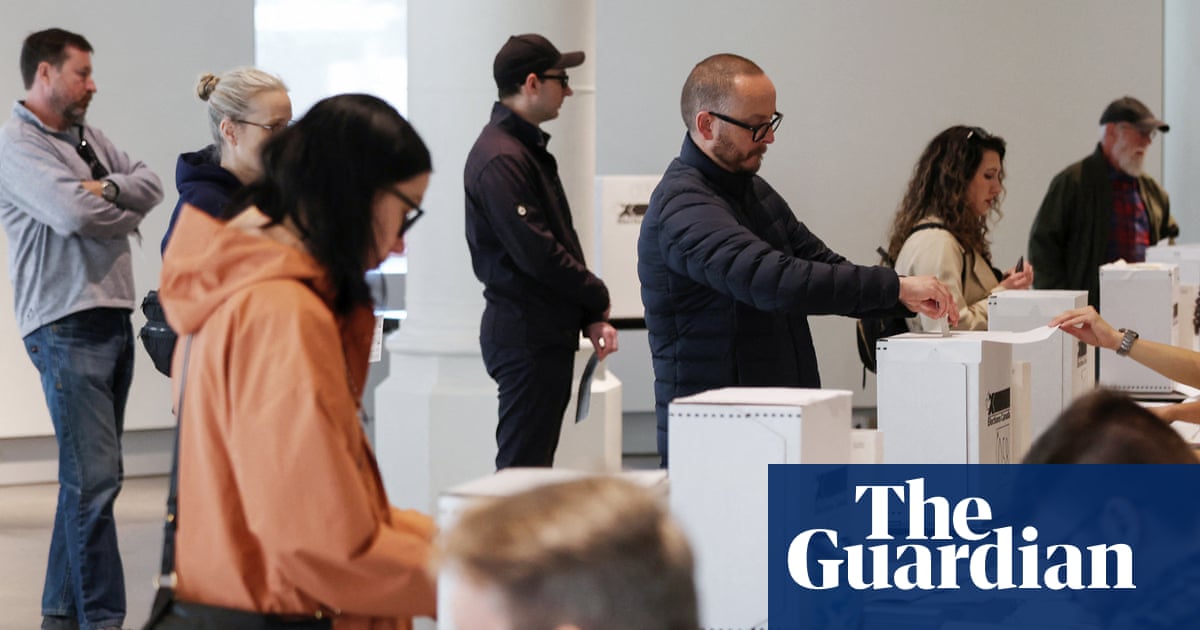Canada’s Liberal party has inched closer to a majority government after a judicial recount found the party had won an electoral district by just a single vote. But a voter has also claimed her ballot wasn’t counted, throwing the result once more into disarray.
Officials at Elections Canada at the weekend finished a recount for theQuebecdistrict of Terrebonne, where the incumbent Bloc Québécois candidate Nathalie Sinclair-Desgagné appeared to have beaten her Liberal challenger Tatiana Auguste.
Confusingly, Auguste was initially projected to emerge as the winner followingthe federal election on 28 April, after final tallies showed her ahead by 35 votes. But an official validation process on 1 May instead found that Sinclair-Desgagné, first elected in 2021, finished ahead by 44 votes.
Under election law, a judicial recount is triggered automatically when the number of votes separating the winner and any other candidate is less than 0.1% of the valid votes cast. The recount, completed on Saturday, was overseen by aQuebeccourt judge.
The win was returned to Auguste, with the Liberal candidate receiving 23,352 votes and Sinclair-Desgagné receiving 23,351.
The latest result means the Liberals currently hold 170 seats in the House of Commons. To form a majority government, 172 seats are needed.
Complicating the result, however, is a woman who says her vote wasn’t included in the final count.
Terrebonne resident Emmanuelle Bossé says she voted for Sinclair-Desgagné but her mailed ballot was returned to her due to a postal code error.
“I wasn’t the one who got Elections Canada’s address wrong on the envelope,” she told CBC’s Radio-Canada. “ElectionsCanadaglued this label on the envelope. I had nothing to fill. I just had to put my vote in there.” Bossé mailed her ballot on 5 April and it was returned to her nearly a month later on 2 May.
Elections Canada says it is investigating the issue and “still working to gather all the facts”.
If the new ballot is accepted and produces a tie, Elections Canada could force a byelection.
Three more recounts are pending in the electoral districts of Milton East-Halton Hills South, Terra Nova-The Peninsulas, and Windsor-Tecumseh-Lakeshore. In the last case, which the incumbent, Irek Kusmierczyk, lost by 77 votes, he successfully petitioned for a recount after a number of ballots were deemed to have been improperly rejected.
If Kusmierczyk emerges victorious from the challenge, the Liberals would hold 171 seats in parliament, just one short of a majority.
